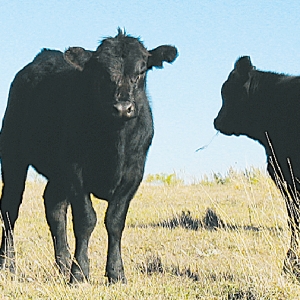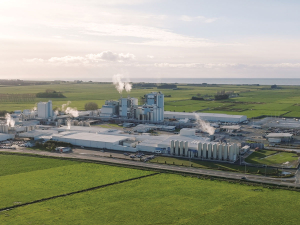HIGHER SHEEP and beef prices seem set to buffer the drop in export earnings from dairying, according to the latest economic update from the Ministry for Primary Industries (MPI).
Not surprisingly MPI is forecasting a 9.5% drop in total export earnings to $34.6 billion for the 2014-15 season, caused by a 23.5% drop in dairy exports.
The report says meat and wool exports this season will rise by 6.4% to $8.611 billion and horticulture and seafood exports will rise, but forestry will drop.
Global beef prices are expected to stay high for the next two years, offering an opportunity for farmers. Current high prices will enable farmers to invest in the quality of their herds to target higher value from each animal, says MPI. The retention of dairy calves offers another opportunity.
On the dairy side, MPI is forecasting a $4.82/kgMS farmgate payout – higher than Fonterra’s latest forecast and much higher than predicted by many analysts. There is talk of a payout about $4.40kgMS.
Looking a year ahead, MPI forecasts that primary exports in 2015-16 will be $36.1 billion – up 4.3% on this season. This is based on an improved performance in all sectors including dairying.










